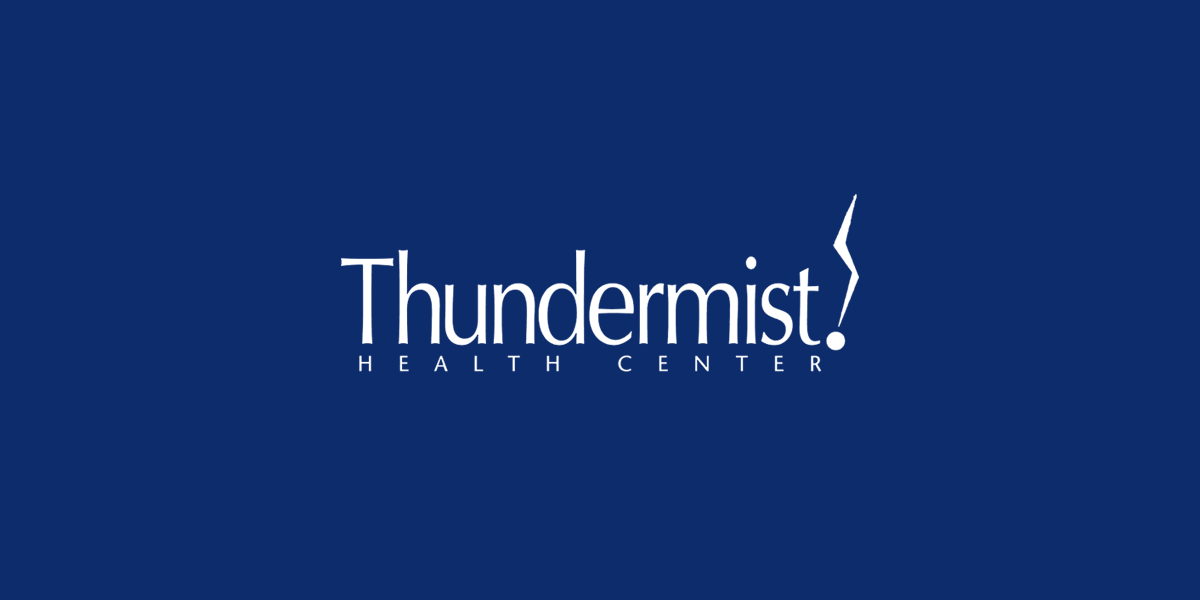Woonsocket Health Equity Zone to Announce Over 50% Decrease in Overdose Deaths
The Woonsocket Health Equity Zone will announce the results of a coordinated community overdose prevention effort that resulted in a significant reduction in overdose deaths between 2017 and 2018 in Woonsocket. This progress comes after Woonsocket had the highest rate of overdose deaths in Rhode Island in 2016. Woonsocket’s efforts have focused on prevention, treatment, rescue, and recovery, in alignment with the work of Governor Raimondo’s Overdose Prevention and Intervention Task Force.
Confirmed participants include: Rhode Island Department of Health Director Nicole Alexander-Scott, MD, MPH; Woonsocket HEZ Overdose Prevention and Recovery Workgroup Chair Lisa Carcifero; Thundermist Health Center Nurse Practitioner Jennifer Hopgood, FNP; Woonsocket Deputy Chief of Police Michael Lemoine; Community Care Alliance Director of Outpatient, HIV Services, and Opioid Center of Excellence Michelle Taylor, MS, CAGS, LMHC; and Rhode Island Foundation President & CEO Neil Steinberg.
Health Equity Zones are collaboratives throughout the state where local organizations are working together to build stronger, healthier communities. More information about Health Equity Zones is available online.
Press conference details:
Thursday, May 23, 2019, 9 a.m.
Thundermist Health Center of Woonsocket, 450 Clinton Street, Woonsocket, RI (First floor community room)
The Woonsocket Health Equity Zone (HEZ) is a collaboration of local organizations, businesses, city leaders, coalitions, and residents that takes action to improve the health and quality of life for all people in Woonsocket. The HEZ envisions a future where residents are connected to each other and to resources; where relationships are built on a foundation a of trust; and where all individuals, families, and children in Woonsocket live in safe, nurturing homes, neighborhoods, and communities that support healthy development. The HEZ focuses on priorities identified by the community including the opioid epidemic, teen health, food access, and the well-being of children and families.


